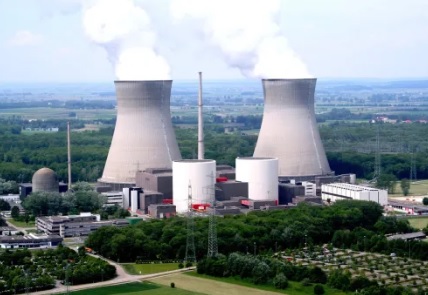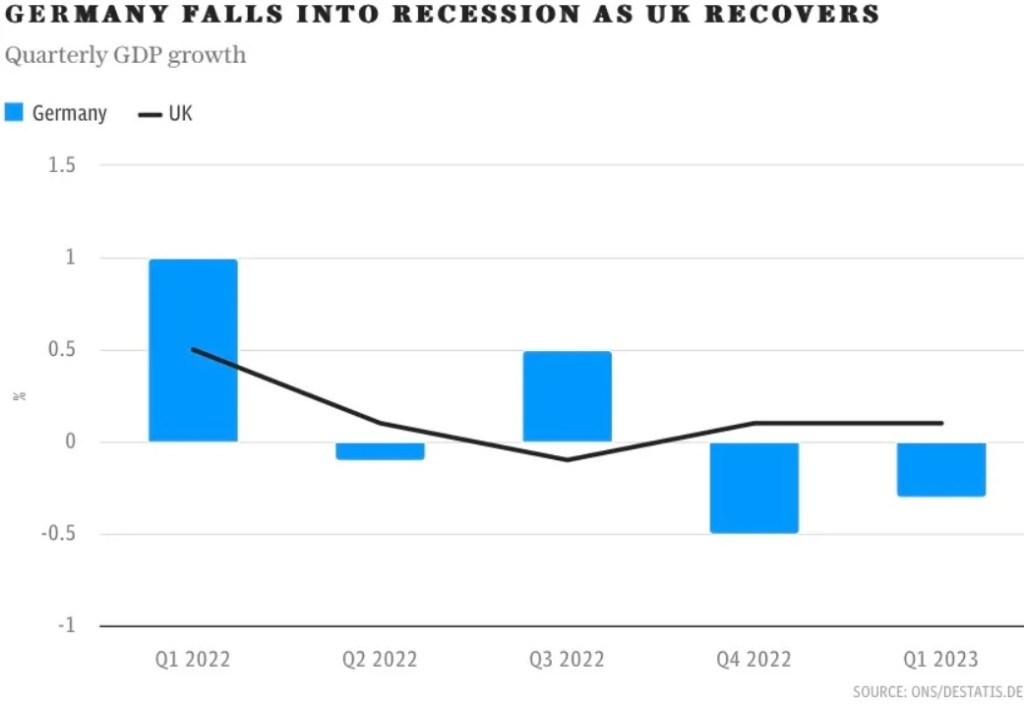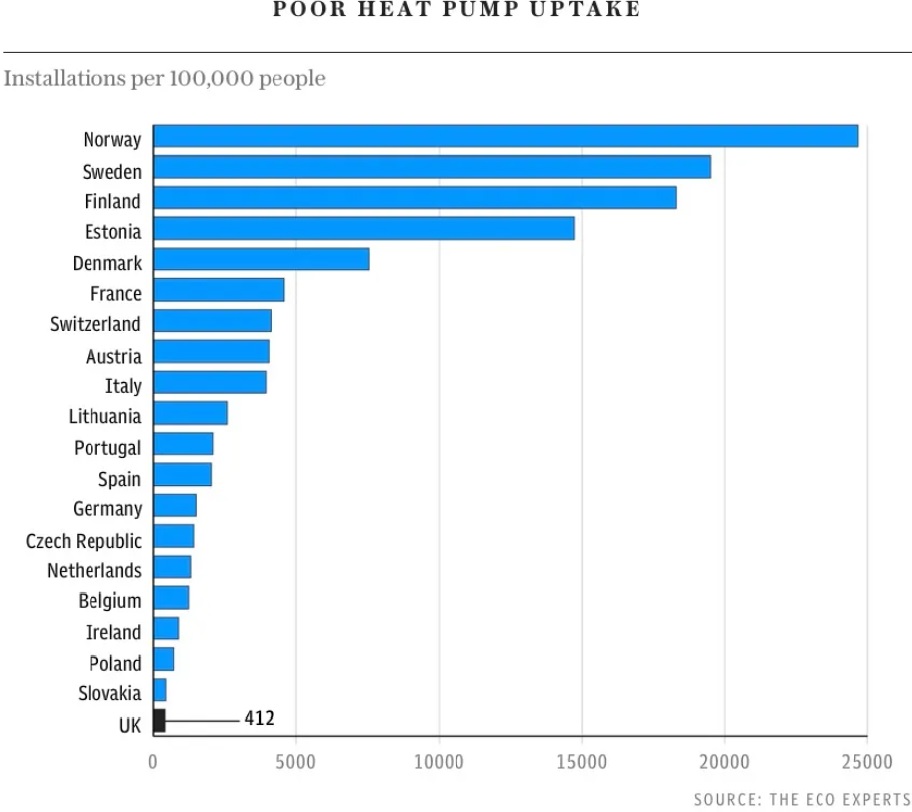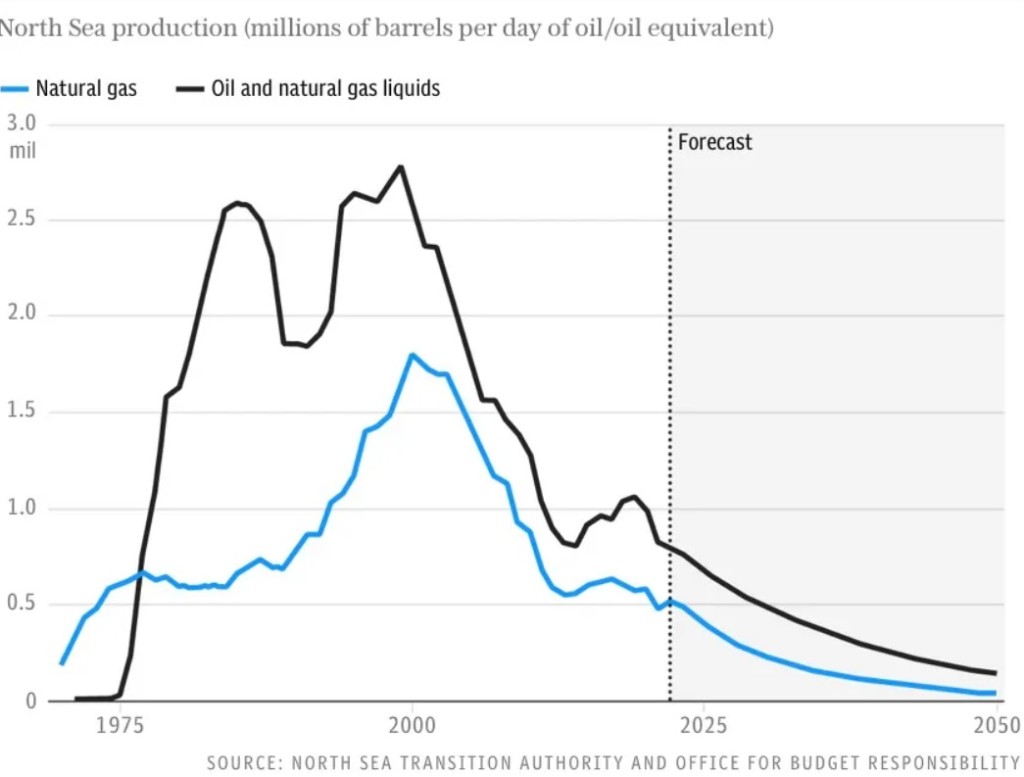Boilergeddon Could Topple Germany’s Heat Pump-Loving Green Party
June 25th 2023
Ah, Germany, land of economic resilience, political consensus, low debt, social compliance, manufacturing prowess, beer gardens, and lederhosen. But for how much longer?
Alone among G7 advanced economies, Germany has recently slipped into recession, and hard though it may be to believe, the Government is in some danger of being toppled by, of all things, a mass revolt against heat pumps. [emphasis, links added]
Germany has long had a problem with energy policy; so utterly destructive has its machinations become that it makes our own failings in this department – which are myriad – look like a paragon of common sense by comparison.
Boilergeddon, or what Germans have labeled the “heat hammer”, is just the latest farcical example of the destructive chaos that the unthinking and unmitigated pursuit of environmental goals has unleashed on the German economy.
To reach its climate change targets, Germany’s coalition government had been planning to bring in a new law that would ban the installation of new gas and oil-fired boilers from the beginning of next year onwards.
The upshot is not just a mad dash among households to install traditional gas-fired boilers while they still can, but a collapse in the Government’s poll ratings and an increasingly acrimonious standoff between two of the coalition partners – the Greens and the more enterprise-friendly Free Democrats.
Energy policy is not the only issue on which they are at loggerheads. Far from it, with the very foundations of Germany’s postwar economic success and affluence seemingly collapsing beneath their feet. But it is the most high profile.
As a foretaste of what may be to come in the UK, which is planning a similar ban for new-build houses the year after next, and is considering a blanket prohibition on all properties from 2035 onwards, the German experience in attempting to impose heat pumps on an ever more reluctant population makes for particularly alarming reading.
Generally ineffective and often fiendishly expensive both to install and to run, heat pumps have been widely branded an unacceptable obligation among German voters, who are up in arms at the idea of being compelled to buy them.
Such has been the ferocity of public reaction to Germany’s “heat hammer” that a groveling climbdown now looks likely.
The debacle has piled on the agony and self-doubt in an economy whose heavy reliance on the internal combustion engine has left it stranded as the world rushes at breakneck speed towards electrified forms of transport.
“We’ve been naïve as a society because everything seems fine,” Martin Brudermüller, chief executive of BASF, recently told Bloomberg. “These problems we have in Germany are accumulating. We have a period of change ahead of us; I don’t know if everyone realizes this.”
Pride of place in the catalog of errors that increasingly defines public policy in Germany goes to energy strategy, which is a mass of contradictions and misjudgments.
As if determined to keep shooting itself in the foot, Germany last month closed the last three of its remaining nuclear power plants, thereby fulfilling an election pledge by the Greens, who hold the energy portfolio, and for whom the abolition of nuclear power is a long-standing obsession verging on a religiously held belief.
While others are desperately trying to crank up their nuclear generation to meet net zero targets, Germany has gone haring off in the other direction and closed down some of the most efficient nuclear power plants in Europe.
This final act of stupidity comes hard on the heels of the shock of having to wean the nation off Russian gas supplies, addiction to which counts as another piece of genius in German energy policy, this one engineered by the Putin-loving former Chancellor, Gerhard Schröder.
There was at least one mistake which I suppose the Germans didn’t make. Unlike Britain, they didn’t dynamite their remaining coal-fired power stations, so that there is at least some generating capacity to fill the gap left by Putin.
Yet to be closing down near zero-emitting nuclear plants while simultaneously reopening CO2-spewing coal plants? This can hardly be called environmentalism.
Mind you, Britain hardly looks a great deal better on that front.
The UK would have sat pretty throughout the current energy crisis had it followed through on the huge expansion of nuclear power originally envisaged by the Thatcher Government in the 1980s.
In the end, only one of the eight stations planned was ever built – Sizewell B.
The rest succumbed to the “dash for gas”, which was all very well until the North Sea began to run dry, leaving the country ever more reliant on imports of LNG for its energy needs.
Deprived of its Russian gas, Germany will soon be competing head-on for these supplies with Britain, threatening permanently higher energy costs for both jurisdictions.
Yet it is very probable that Germany will suffer the greatest long-term damage.
Deprived of cheap Russian energy, and with the internal combustion engine in ragged retreat, what’s the hope for German industrial prowess? Why invest in Germany at all once these twin advantages are gone?
“When we Germans decide to do something”, the former German Chancellor Angela Merkel once said of Germany’s Energiewende, “we do it with conviction and determination.”
Perhaps so, but like a lot of well-intentioned public policy, the collision with reality is proving nasty, brutish, and long-lasting.
Failure to consult the public adequately is just one of the lessons from Germany’s heat pump fiasco.
Political elites assumed that the masses would just meekly go along with the measures deemed necessary to meet net zero targets, whatever the costs. They’ve had a rude awakening.
Nor is it just Germany.
Riding a wave of popular protest against the Government’s environmental policies, the BBB or BoerBurgerBeweging (Farmer-Citizen Movement) came out of nowhere to win big in provincial elections in the Netherlands a couple of months ago.
It was the same lesson for France’s Emmanuel Macron with the gilet jaunes protests, and perhaps also for Sadiq Khan in London, who faces a growing public backlash over his decision to ride roughshod over concern for livelihoods by expanding the capital’s Ultra Low Emissions Zone.
Push too much at the edges of what is publicly tolerable and wider political legitimacy will quickly disappear.
As for Germany, its Energiewende is creating no end of problems that a coalition government already at sixes and sevens over almost everything is struggling to address.
Fortunately for them, the politicians have thus far been able to blame much higher energy prices on Putin’s Russia, but anyone who thinks those prices will soon be coming back down to the sort of levels we have enjoyed in the past is living in a fool’s paradise.
Germany has found itself particularly ill-suited to serving the energy needs of its legacy industrial base, and worse still, seems determined to make a bad situation even more problematic by stubbornly pursuing the self-harm of nuclear closure.
Small wonder its citizens are in open rebellion. Heat pumps are just a lightning rod for much wider failings.
Credits to Climate Change Dispatch, Jeremy Warner
climatechangedispatch.com
Alone among G7 advanced economies, Germany has recently slipped into recession, and hard though it may be to believe, the Government is in some danger of being toppled by, of all things, a mass revolt against heat pumps. [emphasis, links added]
Germany has long had a problem with energy policy; so utterly destructive has its machinations become that it makes our own failings in this department – which are myriad – look like a paragon of common sense by comparison.
Boilergeddon, or what Germans have labeled the “heat hammer”, is just the latest farcical example of the destructive chaos that the unthinking and unmitigated pursuit of environmental goals has unleashed on the German economy.
To reach its climate change targets, Germany’s coalition government had been planning to bring in a new law that would ban the installation of new gas and oil-fired boilers from the beginning of next year onwards.
The upshot is not just a mad dash among households to install traditional gas-fired boilers while they still can, but a collapse in the Government’s poll ratings and an increasingly acrimonious standoff between two of the coalition partners – the Greens and the more enterprise-friendly Free Democrats.
Energy policy is not the only issue on which they are at loggerheads. Far from it, with the very foundations of Germany’s postwar economic success and affluence seemingly collapsing beneath their feet. But it is the most high profile.
As a foretaste of what may be to come in the UK, which is planning a similar ban for new-build houses the year after next, and is considering a blanket prohibition on all properties from 2035 onwards, the German experience in attempting to impose heat pumps on an ever more reluctant population makes for particularly alarming reading.
Generally ineffective and often fiendishly expensive both to install and to run, heat pumps have been widely branded an unacceptable obligation among German voters, who are up in arms at the idea of being compelled to buy them.
Such has been the ferocity of public reaction to Germany’s “heat hammer” that a groveling climbdown now looks likely.
The debacle has piled on the agony and self-doubt in an economy whose heavy reliance on the internal combustion engine has left it stranded as the world rushes at breakneck speed towards electrified forms of transport.
“We’ve been naïve as a society because everything seems fine,” Martin Brudermüller, chief executive of BASF, recently told Bloomberg. “These problems we have in Germany are accumulating. We have a period of change ahead of us; I don’t know if everyone realizes this.”
Pride of place in the catalog of errors that increasingly defines public policy in Germany goes to energy strategy, which is a mass of contradictions and misjudgments.
As if determined to keep shooting itself in the foot, Germany last month closed the last three of its remaining nuclear power plants, thereby fulfilling an election pledge by the Greens, who hold the energy portfolio, and for whom the abolition of nuclear power is a long-standing obsession verging on a religiously held belief.
While others are desperately trying to crank up their nuclear generation to meet net zero targets, Germany has gone haring off in the other direction and closed down some of the most efficient nuclear power plants in Europe.
This final act of stupidity comes hard on the heels of the shock of having to wean the nation off Russian gas supplies, addiction to which counts as another piece of genius in German energy policy, this one engineered by the Putin-loving former Chancellor, Gerhard Schröder.
There was at least one mistake which I suppose the Germans didn’t make. Unlike Britain, they didn’t dynamite their remaining coal-fired power stations, so that there is at least some generating capacity to fill the gap left by Putin.
Yet to be closing down near zero-emitting nuclear plants while simultaneously reopening CO2-spewing coal plants? This can hardly be called environmentalism.
Mind you, Britain hardly looks a great deal better on that front.
The UK would have sat pretty throughout the current energy crisis had it followed through on the huge expansion of nuclear power originally envisaged by the Thatcher Government in the 1980s.
In the end, only one of the eight stations planned was ever built – Sizewell B.
The rest succumbed to the “dash for gas”, which was all very well until the North Sea began to run dry, leaving the country ever more reliant on imports of LNG for its energy needs.
Deprived of its Russian gas, Germany will soon be competing head-on for these supplies with Britain, threatening permanently higher energy costs for both jurisdictions.
Yet it is very probable that Germany will suffer the greatest long-term damage.
Deprived of cheap Russian energy, and with the internal combustion engine in ragged retreat, what’s the hope for German industrial prowess? Why invest in Germany at all once these twin advantages are gone?
“When we Germans decide to do something”, the former German Chancellor Angela Merkel once said of Germany’s Energiewende, “we do it with conviction and determination.”
Perhaps so, but like a lot of well-intentioned public policy, the collision with reality is proving nasty, brutish, and long-lasting.
Failure to consult the public adequately is just one of the lessons from Germany’s heat pump fiasco.
Political elites assumed that the masses would just meekly go along with the measures deemed necessary to meet net zero targets, whatever the costs. They’ve had a rude awakening.
Nor is it just Germany.
Riding a wave of popular protest against the Government’s environmental policies, the BBB or BoerBurgerBeweging (Farmer-Citizen Movement) came out of nowhere to win big in provincial elections in the Netherlands a couple of months ago.
It was the same lesson for France’s Emmanuel Macron with the gilet jaunes protests, and perhaps also for Sadiq Khan in London, who faces a growing public backlash over his decision to ride roughshod over concern for livelihoods by expanding the capital’s Ultra Low Emissions Zone.
Push too much at the edges of what is publicly tolerable and wider political legitimacy will quickly disappear.
As for Germany, its Energiewende is creating no end of problems that a coalition government already at sixes and sevens over almost everything is struggling to address.
Fortunately for them, the politicians have thus far been able to blame much higher energy prices on Putin’s Russia, but anyone who thinks those prices will soon be coming back down to the sort of levels we have enjoyed in the past is living in a fool’s paradise.
Germany has found itself particularly ill-suited to serving the energy needs of its legacy industrial base, and worse still, seems determined to make a bad situation even more problematic by stubbornly pursuing the self-harm of nuclear closure.
Small wonder its citizens are in open rebellion. Heat pumps are just a lightning rod for much wider failings.
Credits to Climate Change Dispatch, Jeremy Warner
climatechangedispatch.com

Click to close

Click to close

Click to close

Click to close
